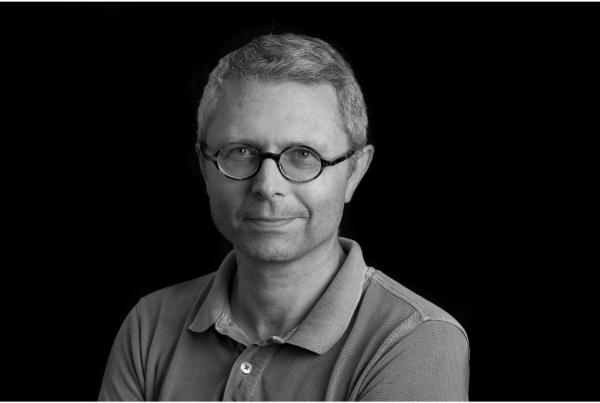After graduating at the University of Milan (Italy) in Natural Sciences (Botany), I worked as a contract scientist at the Archaeological Museum of Como and left the team in 1993 to start a PhD at the University of Cambridge. After finishing my PhD I took up a position as research fellow at the McDonald Institute for Archaeological Research, also teaching archaeology and human evolution at the Institute for Continuing Education (Madingly Hall) of the University of Cambridge. In 2004 I became affiliated lecturer in the Department of Archaeology and in 2005 director of studies in archaeology and anthropology at St. Edmund's College in the University of Cambridge. Since July 2005 I am ICREA research professor first at the IMF-CSIC and from 2014 at Universitat Pompeu Fabra. I currently coordinate the Culture and Socio-Ecological Dynamics (CaSEs) research group and I teach in the UPF Master in World History.
